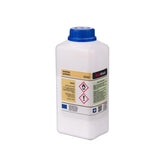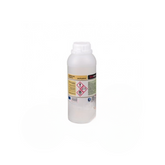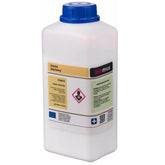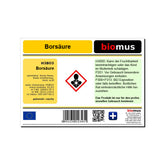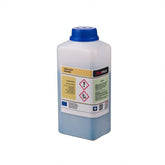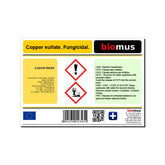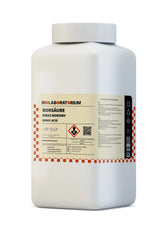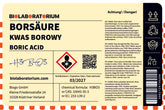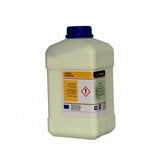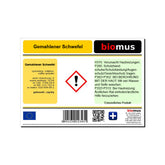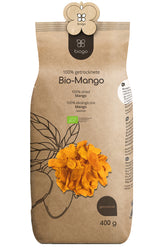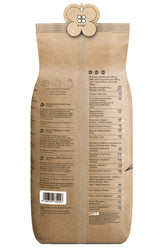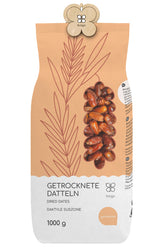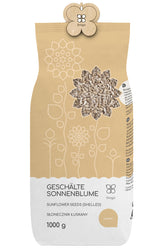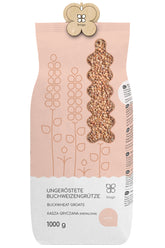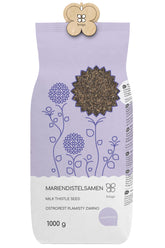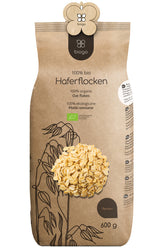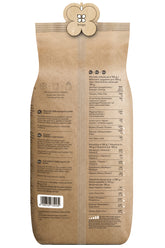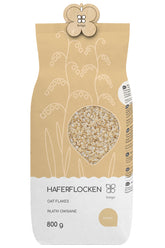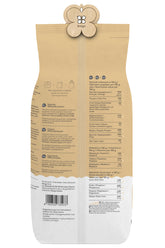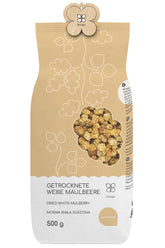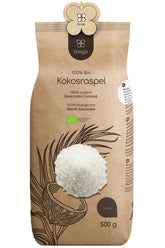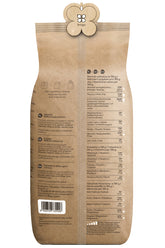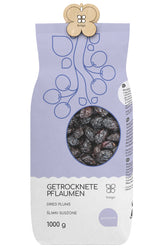Borax is a natural mineral used in many households as a cleaning agent, laundry additive, or even as a food ingredient. But what exactly is this substance and what are its advantages and disadvantages? In this article, we take a closer look at borax, clarify facts and myths, and provide an overview of its diverse applications.
What is borax?
Borax, also known as sodium tetraborate, is a naturally occurring mineral composed of boron, sodium, and oxygen. It is mainly mined in desert regions such as California, Turkey, or Bolivia. Borax is a white, crystalline powder that is soluble in water and has a slightly basic pH.
The use of borax dates back to ancient times, when it was already used as a cleaning agent, preservative, and fire retardant. Today, borax is used in many areas, from household to industry.
Borax properties and applications
Borax has a number of useful properties that make it a versatile all-rounder:
Cleaning power
Borax is an effective cleaning agent that can remove dirt, grease, and limescale. It is excellent for cleaning surfaces, floors, dishes, and even laundry.
Preservation
Borax has antimicrobial properties and can therefore be used as a natural preservative. It is often used in foods such as cheese, jam, or baked goods.
Moisture regulation
Borax is hygroscopic, i.e. it can absorb moisture from the environment. Therefore, it is used in desiccants, dehumidifying products, or as a humectant.
Flame retardant
Borax has a fire-retardant effect and can therefore be used as a fire protection agent. It is added to wood, textiles, or paints, for example.
pH regulation
Due to its basic pH, borax can also be used to regulate pH levels, for example in swimming pools or ponds.
Other applications
Furthermore, borax is used in the glass and ceramics industry, in cosmetic products, as a wood preservative, and even in agriculture.
Borax – safe or dangerous?
Despite its many uses, borax is also surrounded by some controversies and myths. The question of whether borax is safe for humans and the environment is repeatedly discussed.
Health risks
In higher doses, borax can indeed be harmful to health. It can cause nausea, vomiting, diarrhea, and cramps. Long-term exposure can even lead to kidney and liver damage. Therefore, contact with and ingestion of borax should be avoided.
For normal household use as a cleaning agent or laundry additive, the amounts of borax are generally safe. Borax is also permitted in small concentrations in food and is considered safe.
Environmental compatibility
Borax is a natural mineral and therefore fundamentally environmentally friendly. It is not bioaccumulative, i.e., it does not accumulate in the environment. However, it can be toxic to aquatic organisms at higher concentrations.
Therefore, care should be taken when disposing of and using borax, and the dosage should be observed. Excessive use, especially near bodies of water, can be harmful to the environment.
Myths and misconceptions
Rumors and misconceptions about borax circulate repeatedly. For example, it is sometimes claimed that borax is carcinogenic or causes fertility disorders. However, these claims are not scientifically proven.
The use of borax as a food additive is also permitted in many countries and is considered safe as long as the allowable maximum amounts are observed.
Conclusion: Borax – a versatile natural product
In summary, borax is a versatile natural product that has useful properties when used in moderation. For normal household use, borax is generally safe. However, excessive use or ingestion can pose health and environmental risks.
As with many substances, the correct dosage and application are crucial. With some caution, however, borax can be used as an effective, sustainable, and cost-effective cleaning agent, preservative, or fire retardant.


